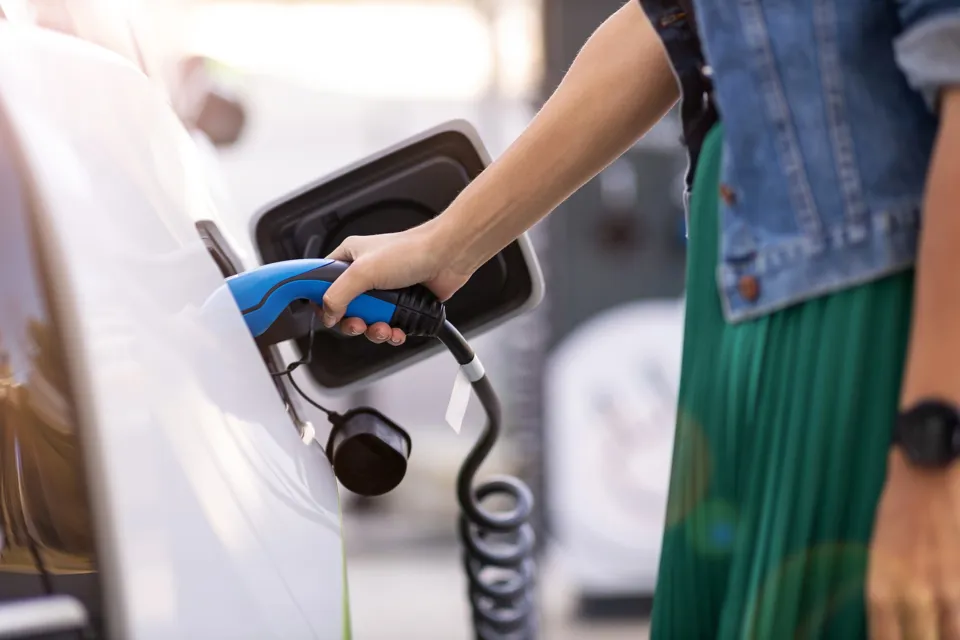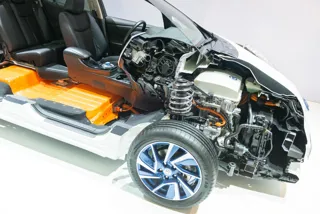Almost two-thirds (60%) of drivers will move away from petrol and diesel vehicles and opt for battery technology when choosing their next car, with two-fifths (40%) set to choose a fully electric vehicle (EV).
That’s according to a new Future of Transport Report, a bi-annual analysis of the UK’s transport sector from leasing giant Lex Autolease.
It includes the Future of Transport Index, a new measure which uses a unique data set to track the level of confidence in different transport technologies and reveal how attitudes towards them are evolving.
The report reveals that drivers are shifting away from traditionally fuelled cars mainly due to the cost of ownership and their environmental impact.
Drivers are keen to go electric to avoid clean air zone (CAZ) charges (35%) and to make savings on overall maintenance and running costs (34%).
Two-thirds (66%) of respondents say it’s important that the vehicle they drive helps them reduce their environmental impact and almost as many (63%) feel that the transition to EVs is important to help the UK reach net zero.
Despite this momentum, concerns remain, particularly when it comes to access to charging infrastructure.
The availability of charging points was a significant concern for more than half of respondents (52%) followed by the length of time to charge (41%) and the logistics of installing charging infrastructure at home (31%).
Indeed, half (50%) said their property was not suitable for charging an electric vehicle and only a quarter (24%) of drivers said there were enough easily accessible public charge points in their area.
And nearly two thirds (65%) said Government departments and policy-makers should do more to encourage electric vehicle adoption among drivers.
Nick Williams, transport managing Director at Lex Autolease, said: “Attitudes towards battery technology vehicles are changing at pace, with many more drivers intending on making the transition.
“While for now, petrol vehicles remain the dominant force on the UK’s roads, there is a seismic shift on the horizon – especially when you combine the progress already being made to adopt new electric and hybrid vehicles, and drivers’ future purchasing intentions.
“In order to maintain this momentum, we need to see sustained investment and legislation from government to facilitate better access to new charging points and to ensure a steady supply of electric and hybrid vehicle models for UK drivers.”
Calculated by analysing the latest vehicle figures from Lloyds Banking Group’s transport brands, Black Horse and Lex Autolease, alongside data collected from more than 1,500 private car drivers, the Index runs from -50 to +100, where -50 means confidence in that fuel type is at its lowest, while +100 indicates confidence is at its highest.
Although the future is clearly electric, those considering making the switch expect they won’t get an EV for an average of five years.
The Index shows confidence is currently highest in petrol vehicles, which have an Index score of 42, followed by hybrid vehicles with a score of 32.
EVs are close behind at 31, while diesel vehicles were given an Index score of 13.























Login to comment
Comments
No comments have been made yet.